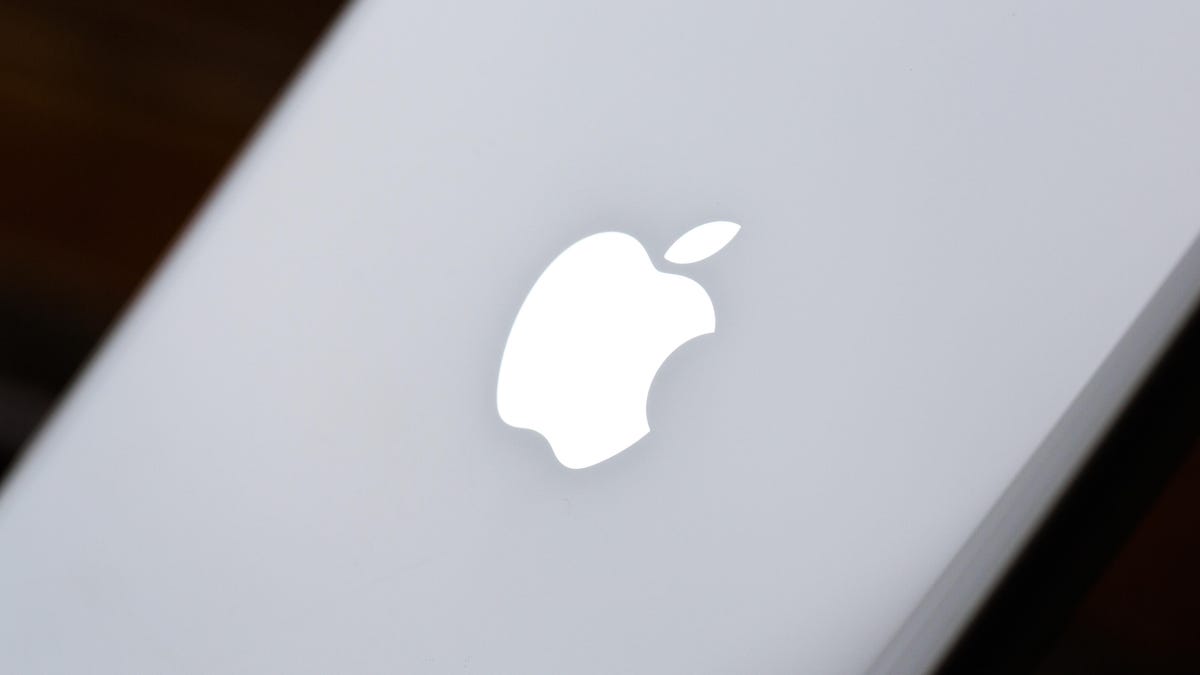iPhone sales see a boost after four quarters of decline, Gartner says
The research firm expects Apple will debut its first 5G phone in the third quarter of 2020.

Lower prices for the iPhone 11, compared with the iPhone XR, helped increase demand for Apple's phones, Gartner says.
Apple's iPhone once again saw growth after four consecutive quarters of decline, according to a Tuesday report by Gartner. The phone grew 7.8% in the fourth quarter of 2019, the report says.
"A slight lowering of the prices of the iPhone 11 series, compared with the iPhone XR , and other price reductions for previous-generation iPhone models, increased demand," Annette Zimmermann, research vice president at Gartner, said in a release.
In China, iPhone sales were particularly strong, growing by 39% in Q4. Apple also saw strong performance in areas such as the UK, France, Germany, Brazil and India. Gartner analysts anticipate Apple will roll out its first 5G phone in the third quarter of this year.
Overall, though, global sales of smartphones dropped 0.4% year over year in the fourth quarter of 2019, Gartner says. Sales declined by 1% in the full year.
"2019 ended a little better than expected, due to slightly improved performances from North America and emerging Asia/Pacific," Anshul Gupta, senior research analyst at Gartner, said in the statement. "However, India, which sold 151.9 million units, overtook the US to become the No. 2 country for smartphone sales in 2019. China maintained the lead, with sales of 390.8 million smartphones over the full year."
The top vendors include Samsung , Apple, Huawei , Xiaomi and Oppo . Apple and Xiaomi were the only companies in the top five that saw growth in Q4 of 2019. Although Samsung saw a drop in sales, it maintained the No. 1 spot with 17.3% market share. Apple landed the No. 2 spot with 17.1% market share.
The top five phone vendors in Q4 of 2019 were Samsung, Apple, Huawei, Xiaomi and Oppo.
Xiaomi's smartphone sales increased 16.5% year over year, reaching 32.4 million units in Q4. "The price and performance of Redmi models drove Xiaomi's smartphone sales growth, and the company did particularly well in emerging Asia/Pacific," Gupta said.
The outbreak of the novel coronavirus SARS-CoV-2 and the disease it causes, COVID-19, could bring challenges for retail-focused vendors like Oppo and Vivo, Gartner says, but could present opportunities for Xiaomi, which has been amping up its online presence.
"Looking forward, while the COVID-19 outbreak will impact smartphone demand negatively in China in the first quarter of 2020, we do not expect a demand contraction in the international smartphone market during that period," Zimmermann said.
Last week, market researcher IDC estimated coronavirus would negatively impact the global smartphone market in 2020.
Samsung, despite a 0.5% year-over-year decline in phone sales in the fourth quarter, kept its No. 1 spot in last year's global ranking. Its full-year sales rose by 0.4% to 296.2 million units.
Huawei saw the highest growth last year, with an overall increase of 18.6%, despite a ban from the US. The company boosted its market share in China by 37% in 2019, according to Gartner. For the overall year, it landed ahead of Apple in the No. 2 spot, with 15.6% market share.
"If Huawei continues to face a ban on accessing technology from the US in 2020, its smartphone prospects in the international smartphone market will be severely impacted," Gupta said.

